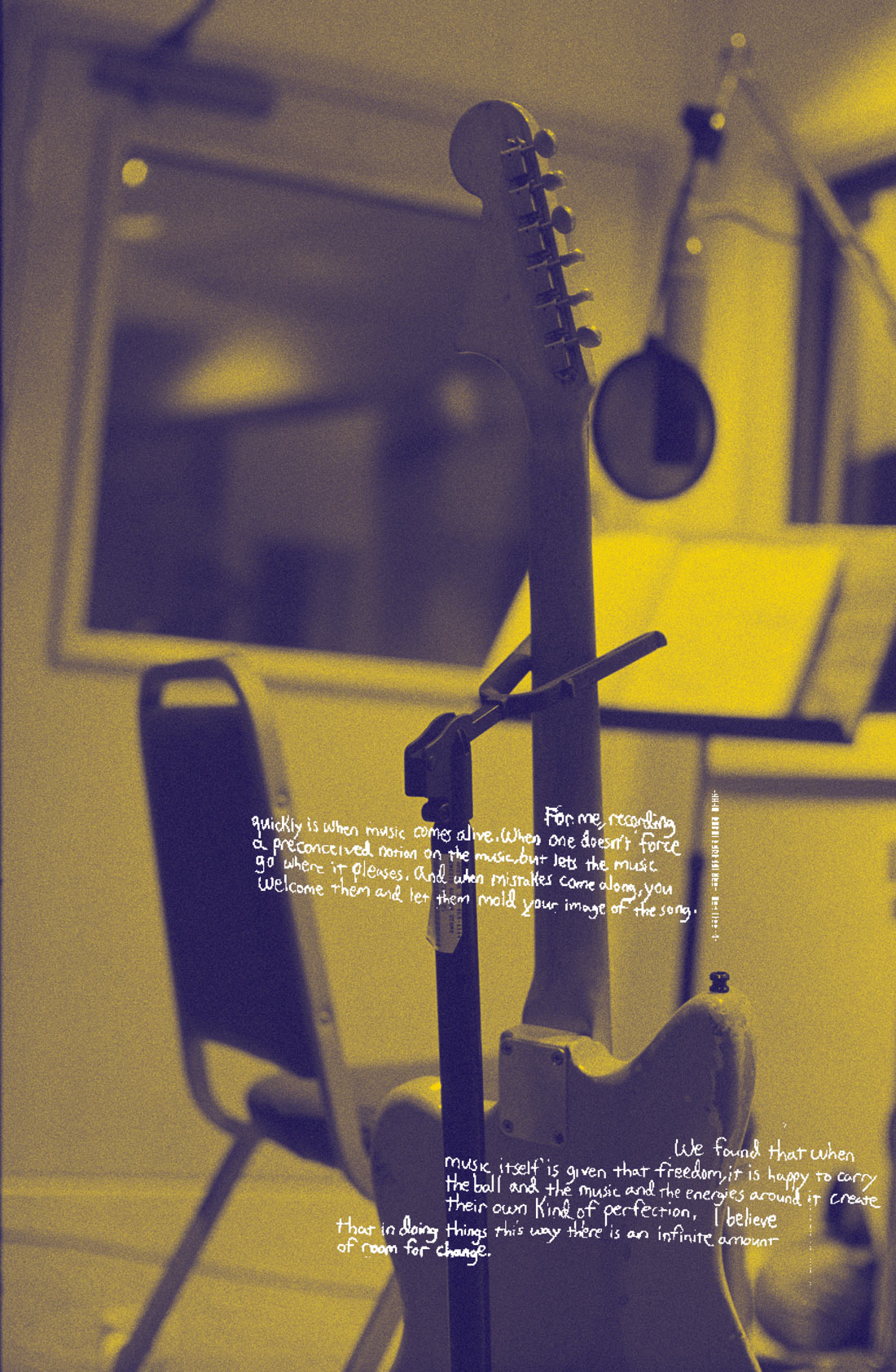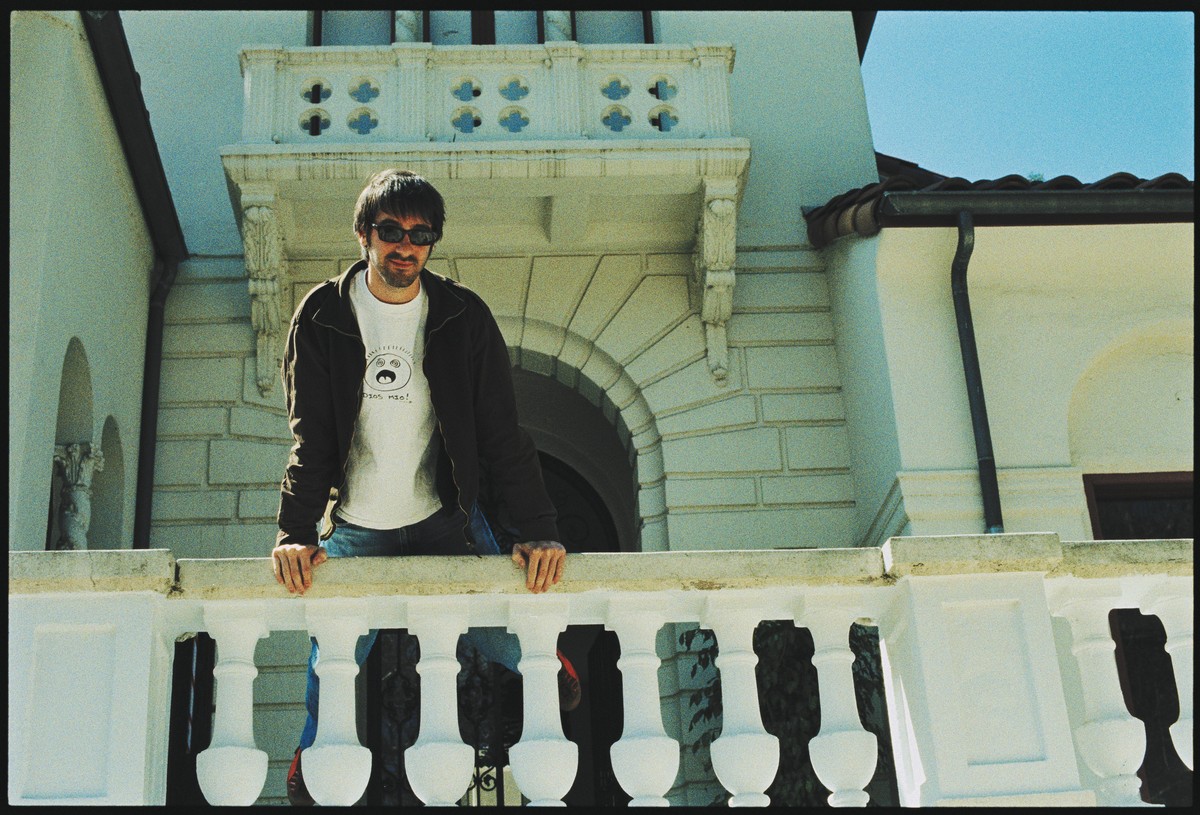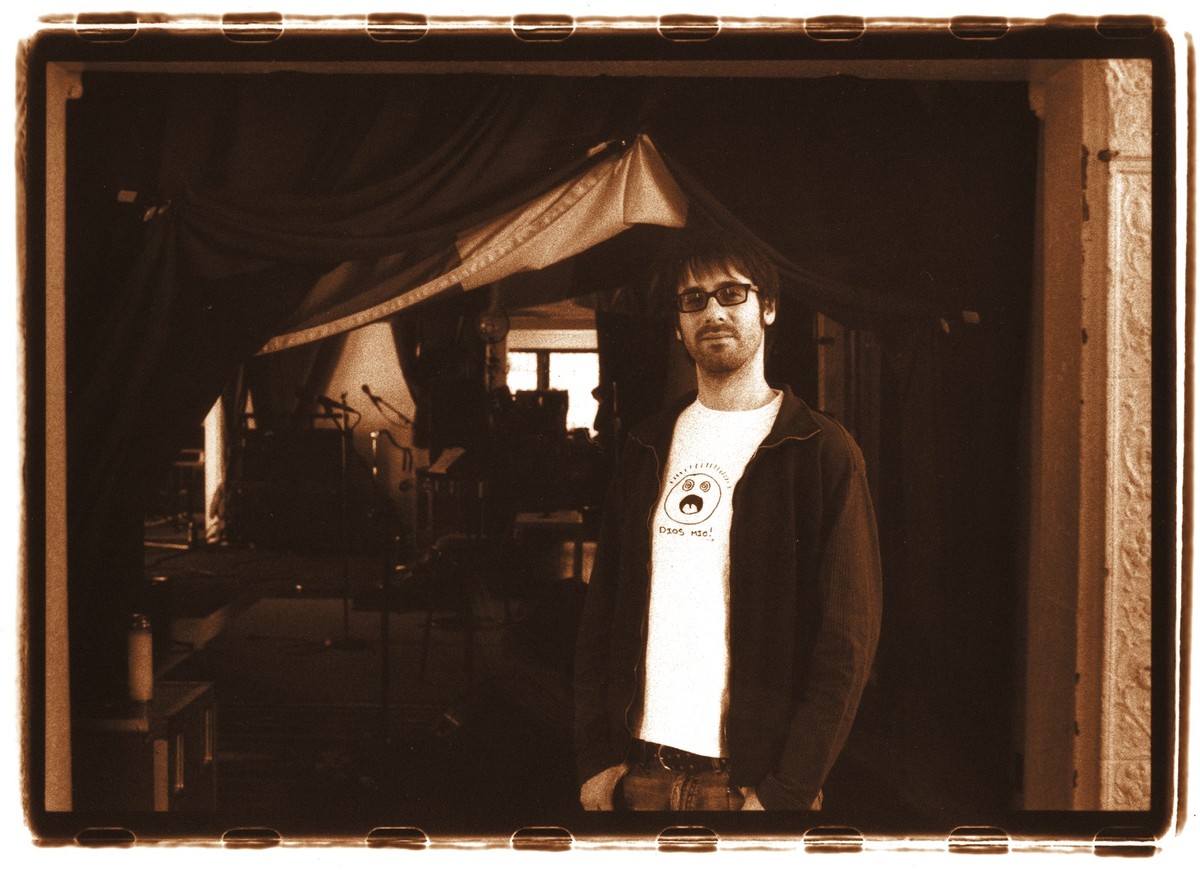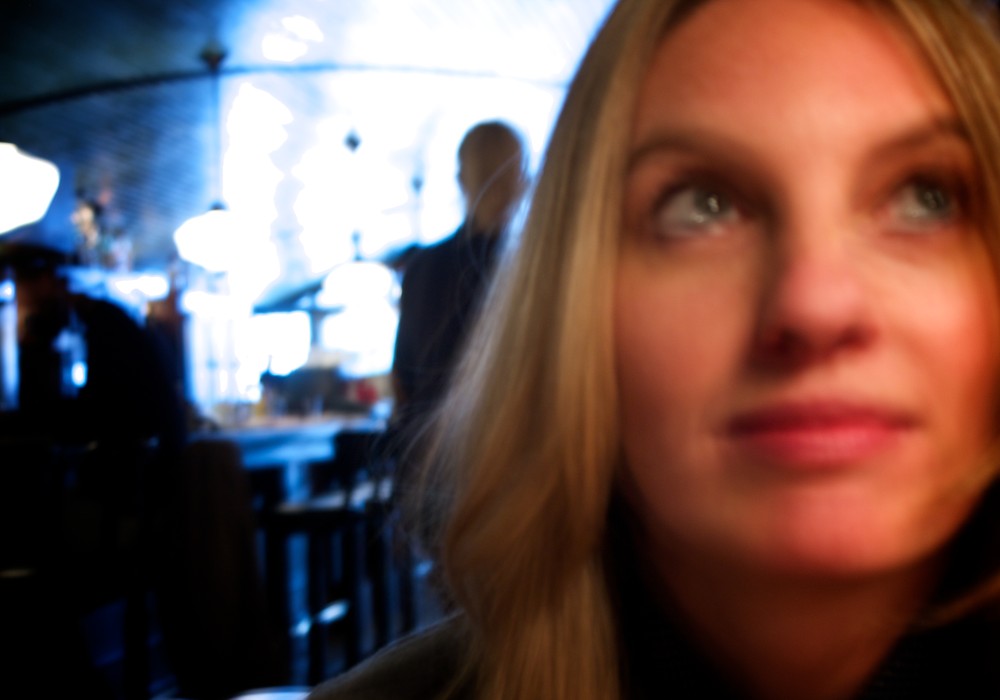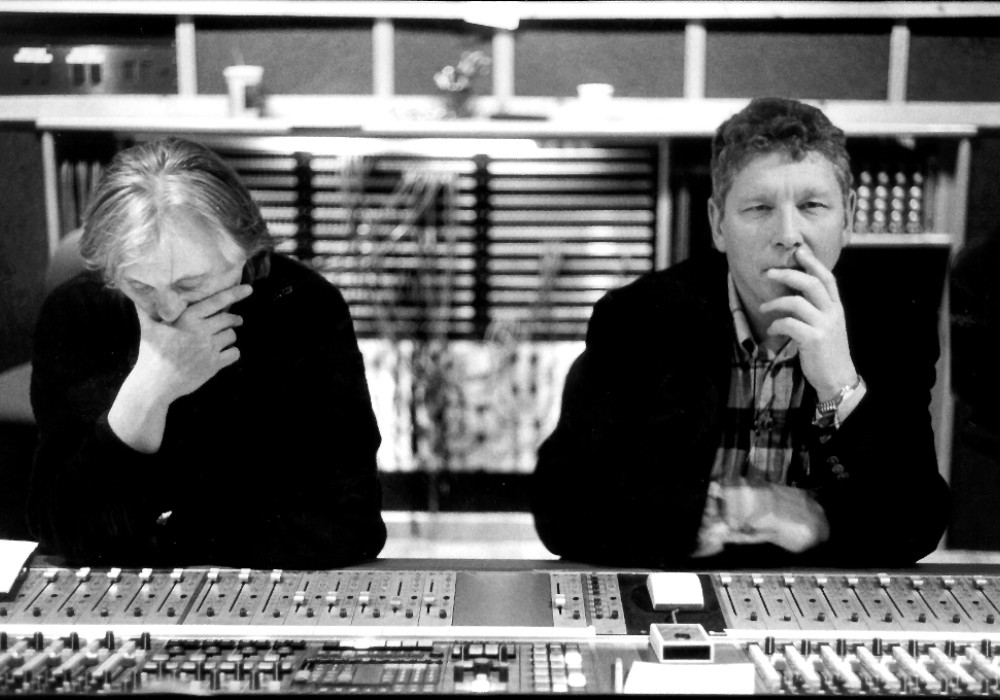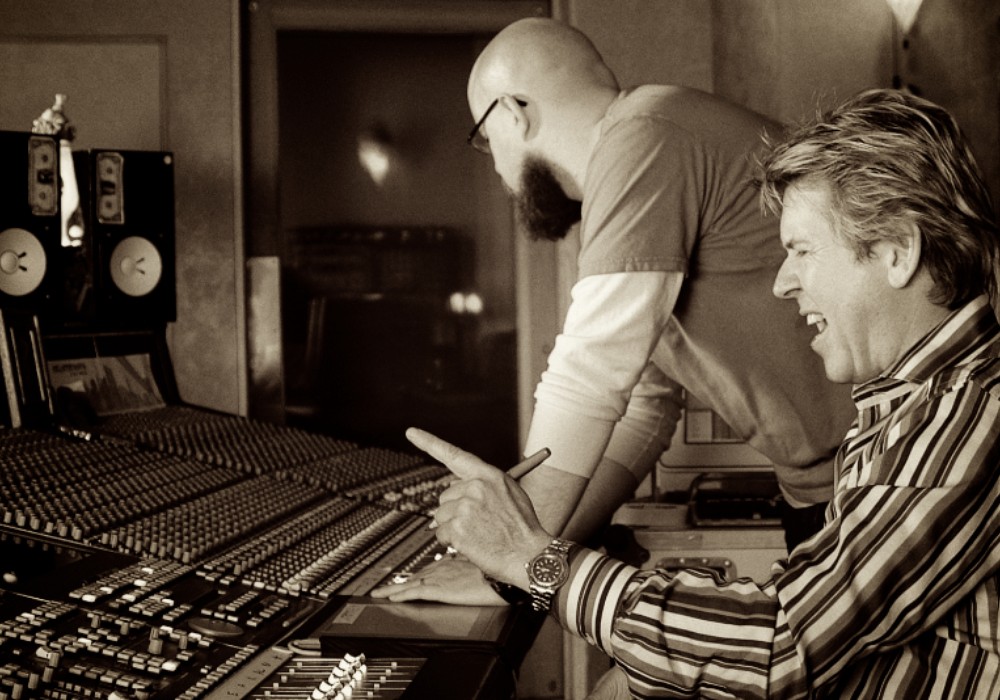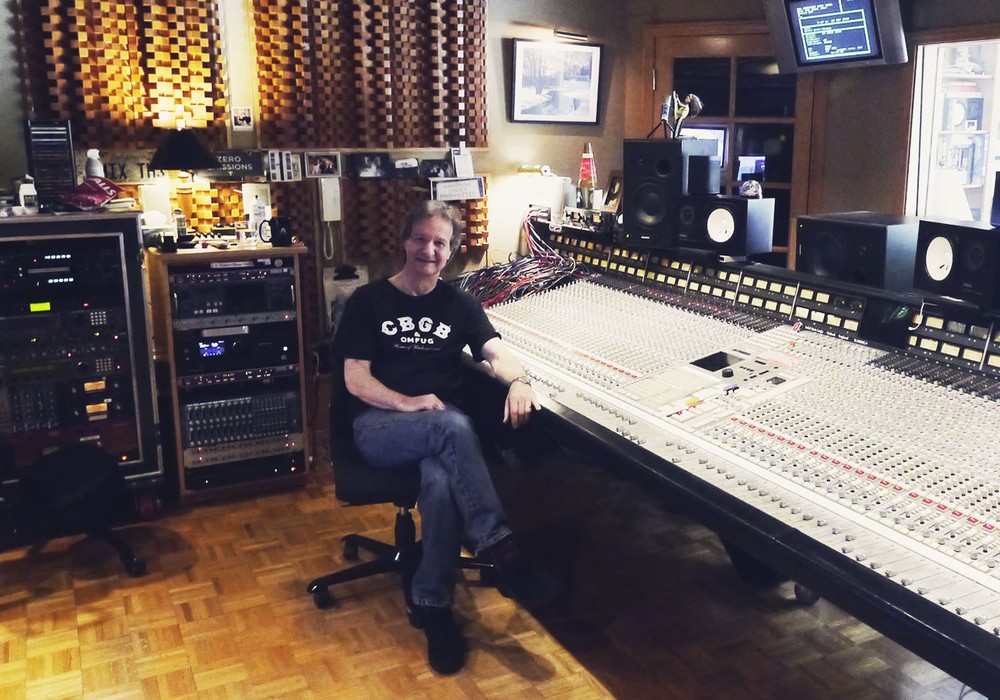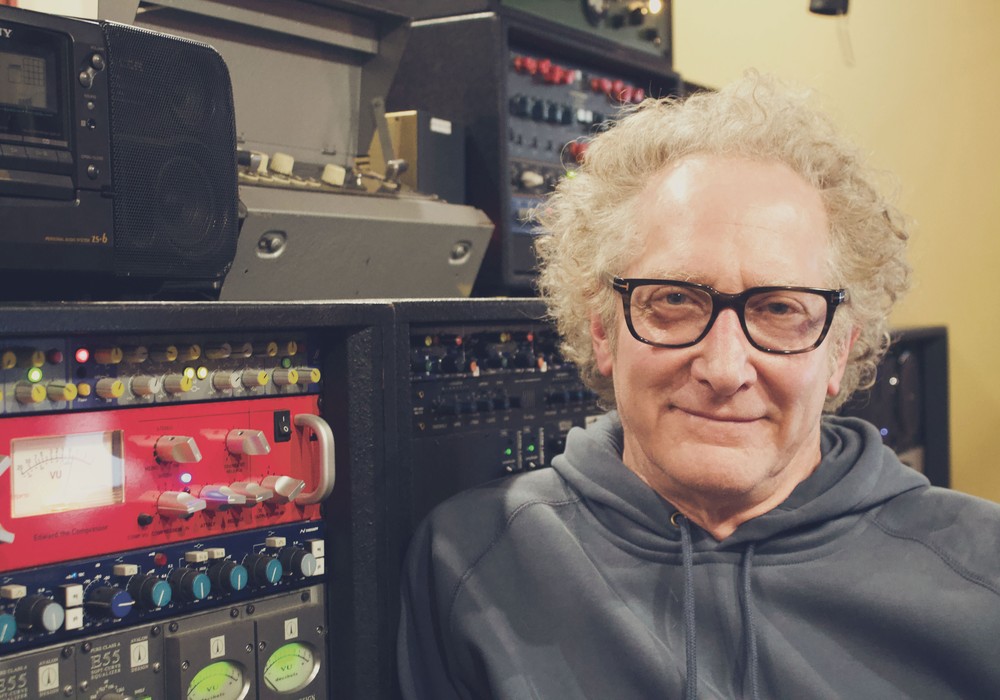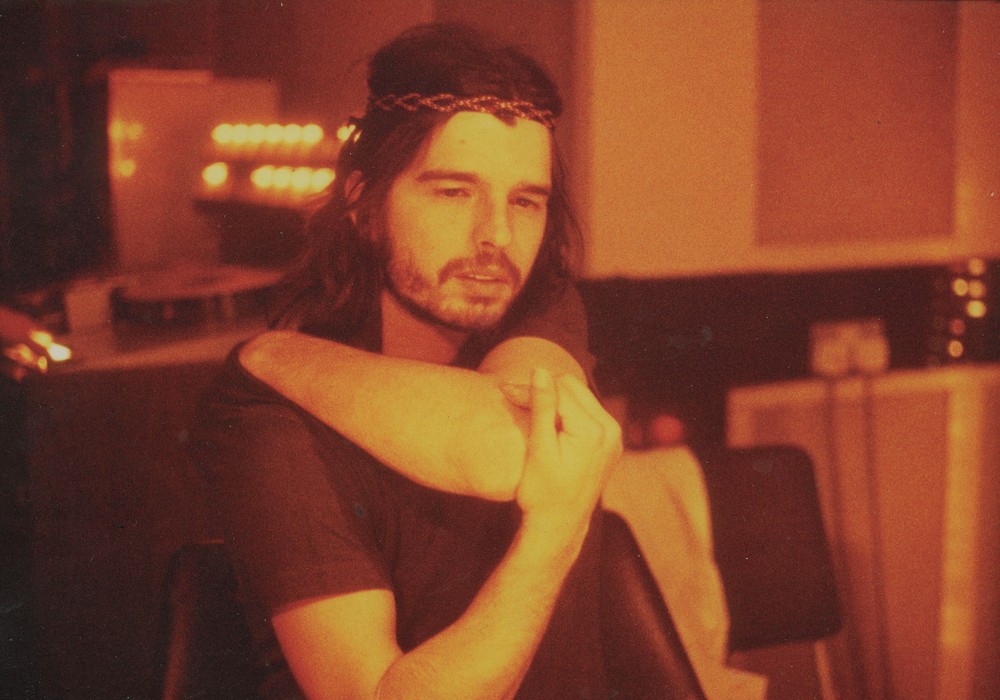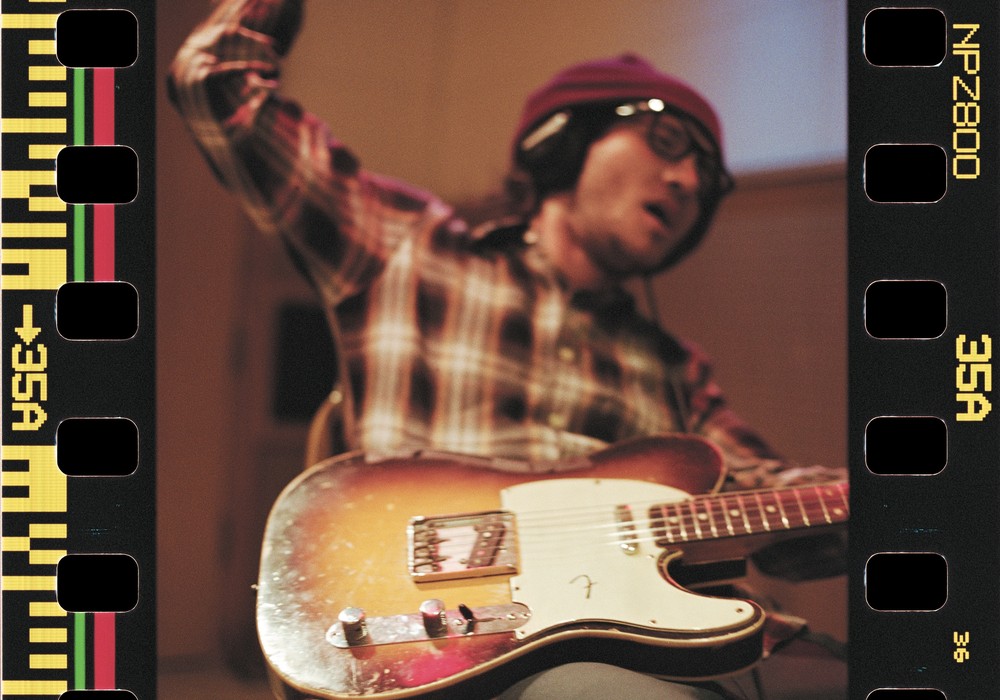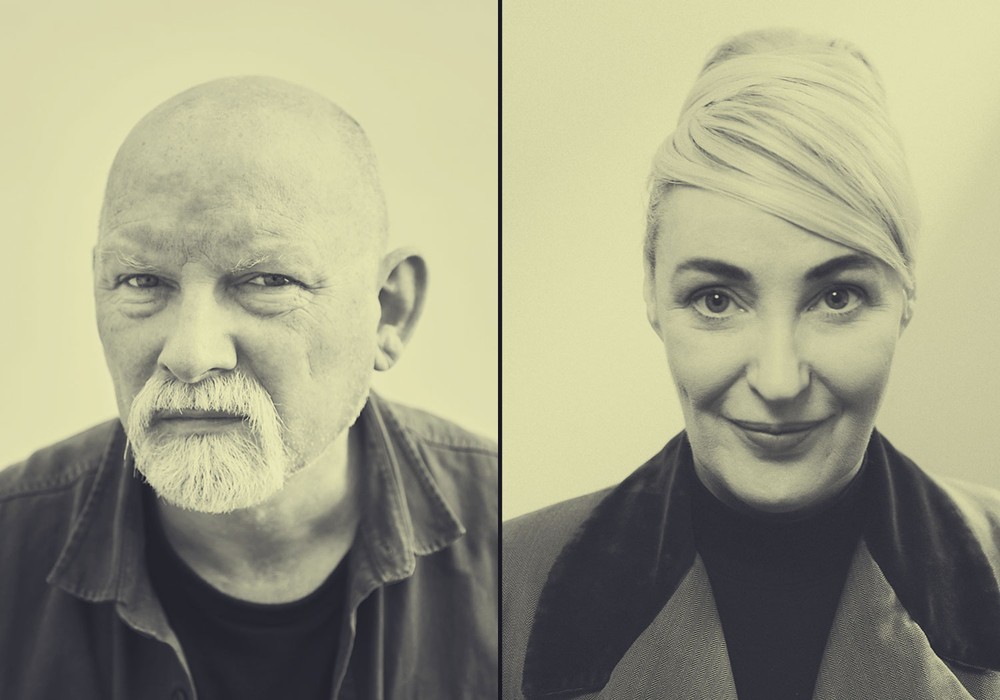In just a few short years and at a relatively young age Ryan Hewitt has become one of L.A.'s first-call engineers in a notoriously competitive and dwindling market. The son of a well-known remote recording engineer, Dave Hewitt, Ryan's made records with The Red Hot Chili Peppers, the Alkaline Trio, Heavens, Blink-182 and Tom Petty. He's also made several amazing solo records with RHCP guitarist John Frusciante. Despite of his success, Ryan is a super nice guy and very easygoing. I found this out firsthand when we sat down to talk at The Pass Studios while he finished up a Chili Peppers b-side mix. His website ryanhewitt.com, has a lot of info on it and is well worth checking out if you're curious about his sessions. In fact, there was so much info on Ryan's site that I literally only had a couple of questions prepared for him. Luckily Ryan's an enthusiastic talker, and responded profusely to my questions with very little prodding.
Where did you go to school?
The education thing is a bit of an issue for me with kids going to these recording schools. I went to Tufts University, outside Boston, majoring in electrical engineering. I didn't get the recording bug until I started running the P.A. company at school. They gave me the keys to the equipment shed and I just ran with them! I'd do live to 2-track demos for Tufts-based bands with a DAT machine my father gave me. I borrowed an 8-track from a friend and started doing multitrack stuff in the middle of the night in the equipment shed. It was hilarious! Before going off to Tufts, my father said, "I really don't think you should get into this business. It's a really tough gig. It's hard on your relationships. It's hard on your future family. You're away all the time. Go and get an education in something stable." The music business was not really an option for me in my household. My mother's family is all Jewish with the stereotypical rants — "You're going to school! You're going to an Ivy League school!" They all wanted me to be an architect, but electrical engineering was closer to what I thought I wanted to do. I enjoyed it. I learned to design circuits, solve problems empirically, deal with signal flow — things that are underlying principles of the recording studio. I never actually got to build audio equipment in the end, which is what I really wanted to do then. I started playing in bands and recording and partying instead, and that was the end of that. I graduated with a fine GPA and now all I remember is V=IR! I remember sitting in front of the computer doing all these circuit simulations and saying to myself, "No fuckin' way am I going to sit in front of the computer all my life." This was before Pro Tools of course, and all my idols were working with 2 inch machines. Now here I am sitting in front of a computer all the time, but at least I'm having a lot more fun than many friends in my electrical engineering class!
What was the impetus to move out west when you could have stayed on the East Coast and worked there?
When I was on the East Coast I was working at Sony as an assistant for about three years, where I assisted Michael Brauer [Tape Op #37] for a long time. He was a fantastic teacher and mentor. Eventually I decided I was done with Sony because Michael no longer worked there, and the focus of the studio became hip-hop — I wanted to rock! Around this time I started getting some engineering work with Phil Ramone [#50]. I did a few sessions with him and he took me on as his home studio engineer and tech. I wanted to take the leap into full time freelance work, but it's incredibly hard to leave the comfort of the nest that is the studio — which is a fairly well paying, somewhat steady job — to go off and do something on your own that you're not quite sure of. What made the transition easier was a phone call from Don Wershba at SSL. He called me because I had built up a relationship with the company through Michael Brauer, and our work on the then new 9000. The SSL guys would come over all the time showing us new tricks. They asked me if I wanted to consult for them, introducing and supporting the Axiom-MT (their new digital console) in 1998. They sent me to England and trained me on all their products from top to bottom. That gig helped me to pick up a lot of work, and introduced me to a lot more studios and engineers in New York.
You must have been in Oxford then, right?
I was in Oxford for a week. I came back and at about that time I rekindled a lot of friendships...
